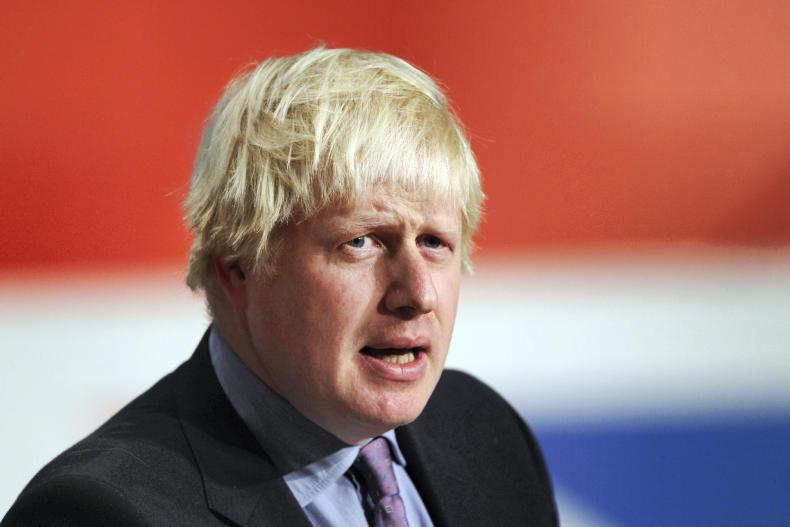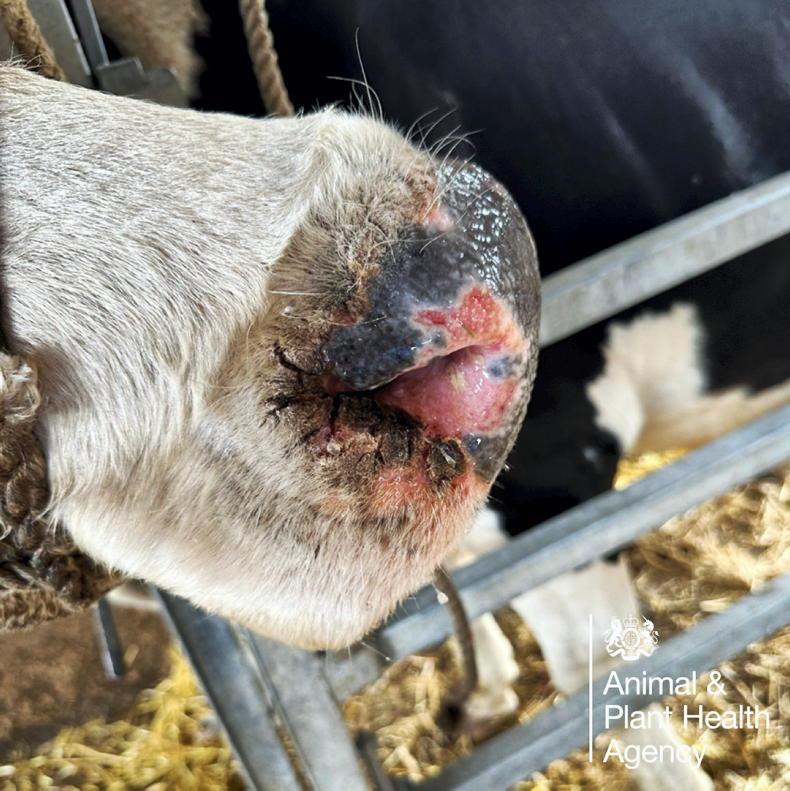The Conservative party conference in Birmingham this week followed a predictable course with the senior figures playing to the audience and the closest it got to farming was the sight of former foreign secretary Boris Johnson prancing through a field for a photo opportunity.
The political war of words that began at the informal Salzburg summit carried over with several ministers having a go at the EU and its position in the Brexit negotiations. Behind the scenes, it is reported that the UK has worked up a new position on checks that is intended to address the Irish border issue while at the same time restating a tough line on migration.
Political issues
Both the Irish border and the issue of migration from EU countries to the UK are hot political topics but from a farming and agri-food industry perspective, they are relatively minor issues. For example, even if a politically acceptable solution can be arrived at on the Irish border, it only provides a solution for the farmers who send milk and lambs south for processing and pig farmers who send pigs the other way round from south to north.
Similarly, while live cattle exports to Northern Ireland have collapsed, Northern Ireland-based cutting plants source approximately 60,000 carcases south of the border annually.
Important though this business is, it is tiny when we consider the business that is conducted between both Northern Ireland and the Republic of Ireland with Britain.
Over half of Irish exports are to Britain across all sectors while in the case of NI, almost three-quarters of sales are to the rest of the UK. Without access to this market on current terms, farmers in Ireland face the nightmare scenario of being effectively marooned from their main market.
As we are now inside the last six months before the UK’s departure from the EU, resolution of the impasse on the Irish border and type of Brexit is still to emerge. This week’s Conservative party confidence was a platform for the flamboyant former foreign secretary to make his pitch to the party for his version of Brexit which would loosen ties to the rest of the EU, well beyond the White Papers or Chequers proposals that he now rubbishes.
However, while he grabbed the headlines, there was an increasing feeling at the conference that his moment was passing and that he would struggle to mount a serious leadership challenge as he simply didn’t have the numbers.
EU reaction
Meanwhile, the EU has decamped to Strasbourg this week where Parliament was sitting and current foreign secretary Jeremy Hunt as the target for their barbs. In the latest round of cutting remarks responding to the foreign secretary’s comments comparing the EU with the old Soviet Union, Guy Verhofstadt, who is the Parliament’s lead representative on Brexit, remarked on how he previously confused Japan with China and that Boris Johnson was better at burning bridges than building them.
The tit for tat in snide references won’t do anything to reassure farmers with produce to sell six months from now, and while negotiators are working away behind the scenes on what arrangement might work, the more time passes with a political impasse makes a deal more difficult to achieve.
Politics v economics
While the issue with the Irish border has assumed a greater importance than it economically merits, the issue of migration being such an issue with the UK is even more difficult to understand. The prime minister reiterated that there would be no special privileges for EU migrants which in turn generated a pushback at an EU level. Currently, more than half of migrants to the UK come from outside the EU 27 and this access could be controlled without leaving the EU.
Labour issue
While the UK will make provision for seasonal agricultural migrant workers, it will not be the same for the wider food industry. This is a particular concern in the meat factories and dairies where typically half the staff are non-national and mostly from the EU.
Particularly vulnerable at present is the road haulage sector with reports from the trade suggesting that meat factories have to book several days ahead to get a load of frozen beef delivered. Labour has been an issue in the UK for some time and, in Ireland, the minister had to recently grant work permits for several hundred non-EU nationals to work in Irish factories.
Solving the Irish border issue won’t alone meet the needs of farmers and the food industry for whom Britain is the main market. Similarly, migration need not have been a deal breaker with the EU if the UK had chosen to control non-EU immigration. These are now hot political issues which are trumping the economic logic and building further uncertainty for farmers.









SHARING OPTIONS